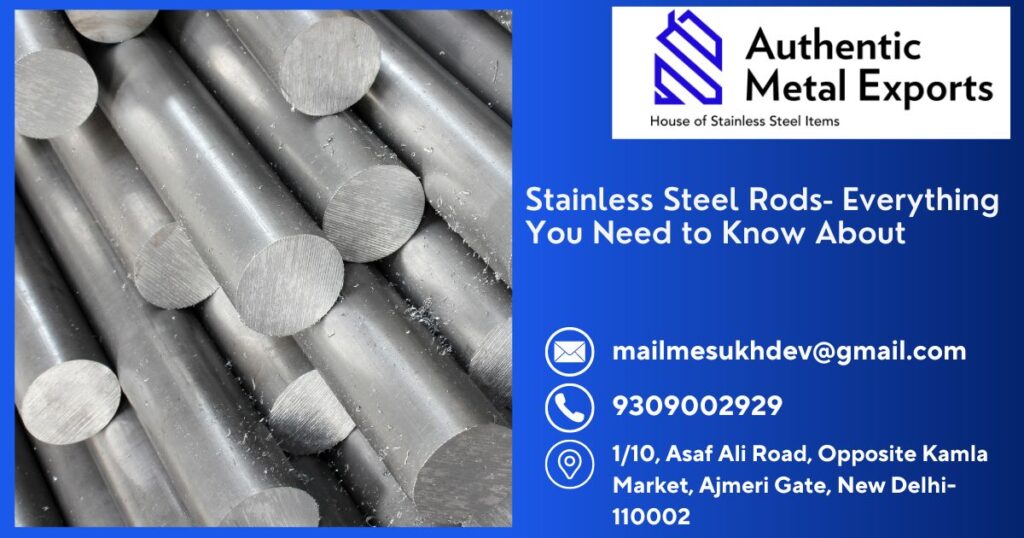ASS is named after its microstructure, which consists mainly of austenite, a non-magnetic solid solution of iron and carbon. This type of stainless steel is often used in applications that require high resistance to corrosion, heat, and chemicals.
In this guide, we will discuss everything you need to know about Austenitic Stainless Steel, including its properties, applications, and advantages.
Austenitic Stainless Steel has several unique properties that make it an ideal material for various applications. Some of its properties are:
ASS has excellent corrosion resistance properties, which make it suitable for use in harsh environments, such as marine applications, chemical plants, and food processing industries. It is resistant to both organic and inorganic acids, alkalis, and saltwater.
ASS is non-magnetic in the annealed state, which means it is not attracted to magnets. This property makes it an ideal choice for applications where magnetic interference is not desirable, such as in electronics and medical devices.
ASS retains its strength and ductility at high temperatures, making it an excellent choice for applications that require high-temperature resistance, such as in furnaces, boilers, and heat exchangers.
ASS has high toughness, which means it can withstand impact and vibration without breaking or cracking. This property makes it suitable for applications that require high strength and durability, such as in construction and transportation industries.
Austenitic Stainless Steel is used in various industries due to its unique properties. Some of its common applications are:
ASS is widely used in the food processing industry due to its excellent corrosion resistance properties. It is used in equipment such as storage tanks, piping, and food processing machinery.
ASS is also used in the chemical processing industry due to its resistance to various chemicals. It is used in applications such as storage tanks, reactors, and heat exchangers.
ASS is used in medical devices such as surgical instruments, implants, and medical equipment due to its non-magnetic and corrosion resistance properties.
ASS is used in the aerospace industry due to its high-temperature strength and corrosion resistance. It is used in components such as exhaust systems, fuel lines, and hydraulic tubing.
ASS is used in the construction industry due to its high strength and toughness. It is used in applications such as building facades, roofing, and structural supports.
Austenitic Stainless Steel offers several advantages over other types of stainless steel and other materials. Some of its advantages are:
ASS has excellent corrosion resistance properties, which make it suitable for use in harsh environments. It has a long service life and requires less maintenance compared to other materials.
ASS has a bright and shiny appearance, which makes it an excellent choice for applications where aesthetic appeal is essential, such as in architecture and interior design.







Pingback: The Ultimate Guide To Stainless Steel Grades In India